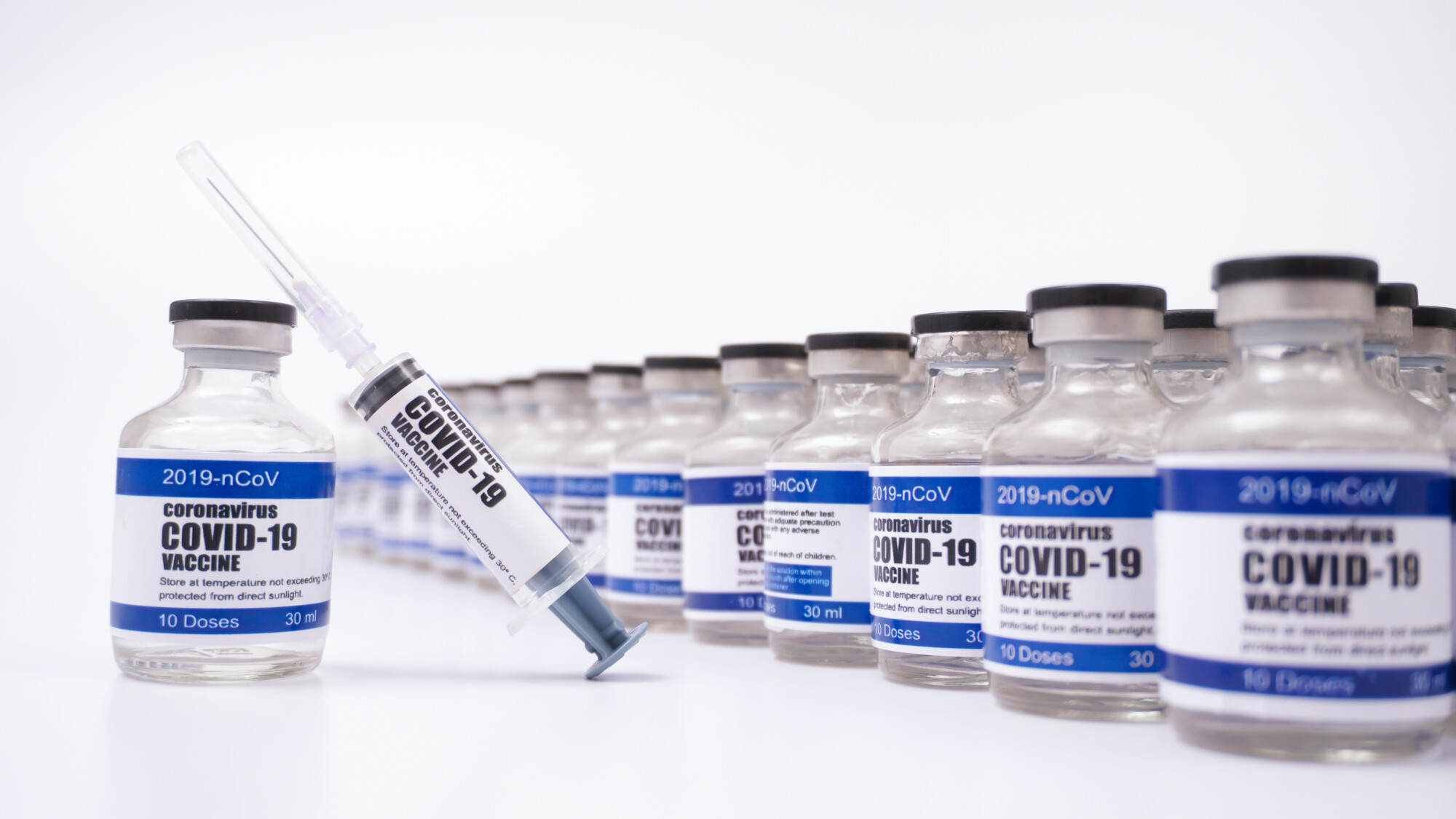Contact Us
Categories
- DEI
- Medical Cannabis
- SB 47
- Workplace Violence
- Assisted Living Facilities
- Department of Health and Human Services' Office of Civil Rights
- Medical Residents
- EMTALA
- FDA
- Reproductive Rights
- Roe v. Wade
- SCOTUS
- Medical Spas
- medical billing
- No Surprises Act
- Mandatory vaccination policies
- Workplace health
- Coronavirus Aid, Relief and Economic Security Act
- Code Enforcement
- Department of Labor ("DOL")
- Employment Law
- FFCRA
- CARES Act
- Nursing Home Reform Act
- Acute Care Beds
- Clinical Support
- Coronavirus
- COVID-19
- Emergency Medical Services
- Emergency Preparedness
- Families First Coronavirus Response Act
- Family and Medical Leave Act (“FMLA”)
- KBML
- medication assisted therapy
- SB 150
- Department of Health and Human Services
- Legislative Developments
- Corporate
- United States Department of Justice ("DOJ")
- Employee Contracts
- Non-Compete Agreement
- Opioid Epidemic
- Sexual Harassment
- Health Resource and Services Administration
- House Bill 333
- Litigation
- Medical Malpractice
- Senate Bill 79
- Locum Tenens
- Senate Bill 4
- Physician Prescribing Authority
- Chronic Pain Management
- HIPAA
- Prescription Drugs
- "Two Midnights Rule"
- 340B Program
- EHR Systems
- Hospice
- ICD-10
- Kentucky minimum wage
- Minimum wage
- Primary Care Physicians ("PCPs")
- Skilled Nursing Facilities (“SNFs”)
- Uncategorized
- Affordable Insurance Exchanges
- Compliance
- Department of Health and Human Services (HHS)
- Drug Screening
- Electronic Health Records (“EHR")
- Fraud
- Health Care Fraud
- HIPAA Risk Assessment
- KASPER
- Kentucky Board of Medical Licensure
- Kentucky’s Department for Medicaid Services
- Mental Health Care
- Office for Civil Rights ("OCR")
- Office of Inspector General of the United States Department of Health and Human Services (OIG)
- Physician Assistants
- Qui Tam
- Stark Laws
- Urinalysis
- Accountable Care Organizations (“ACO”)
- Affordable Care Act
- Alternative Payment Models
- Anti-Kickback Statute
- Centers for Medicare & Medicaid Services (“CMS”)
- Certificate of Need ("CON")
- Charitable Hospitals
- Data Breach
- Electronic Protected Health Information (ePHI)
- False Claims Act
- Federally Qualified Health Centers (“FQHCs”)
- Fee for Service
- Health Information Technology for Economic and Clinical Health Act (HITECH Act)
- Health Insurance Portability and Accountability Act of 1996 (HIPAA)
- Health Professional Shortage Area ("HPSA")
- Hospitals
- HPSA
- HRSA
- Limited Services Clinics
- Medicaid
- Medical Staff By-Laws
- Medically Underserved Area ("MUA")
- Medicare
- Mid-Level Practitioners
- Part D
- Patient Protection and Affordable Care Act (“ACA”)
- Pharmacists
- Rural Health Centers (“RHCs”)
- Rural Health Clinic
- Telehealth
- American Telemedicine Association (“ATA”)
- Criminal Division of the Department of Justice (“DOJ”)
- Health Care Fraud Prevention and Enforcement Action Team (“HEAT”)
- Hydrocodone
- Kentucky Board of Nursing
- Kentucky Pharmacists Association
- Qualified Health Care Centers (“FQHC”)
- Telemedicine
- United States ex. Rel. Kane v. Continuum Health Partners
- Webinar
- Agreed Order
- APRNs
- Chain and Organization System (“PECOS”)
- Chiropractic services
- Clinical Laboratory Improvement Amendments of 1988 (“CLIA”)
- Douglas v. Independent Living Center of Southern California
- Drug Enforcement Agency ("DEA")
- Emergency Rooms
- Enrollment
- Hinchy v. Walgreen Co.
- Jimmo v. Sebelius
- Kentucky Senate Bill 7
- Maintenance Standard
- Medicare Part D
- Minors
- Ophthalmological services
- Overpayments
- Physician Compare website
- Re-validation
- Texting
- Vitas Innovative Hospice Care
- 2014 Medicare Physician Fee Schedule (“PFS”)
- 501(c)(3)
- Affinity Health Plan
- All-Payer Claims Database ("APCD")
- Appeal
- Cadillac tax
- Centers for Disease Control and Prevention
- Chronic Care Management
- Community health needs assessment (“CHNA”)
- Compliance Officer
- Compounding
- CPR
- Denied Claims
- Dispenser
- Drug Quality and Security Act (“DQSA”)
- Essential Health Benefits
- Federation of State Medical Boards (“FSMB”)
- Food and Drug Administratio
- Form 4720
- Grace Period
- HealthCare.gov
- House Bill 3204
- ICD-9
- Individual mandate
- Kentucky Medical Practice Act
- Kindred v. Cherolis
- Kynect
- Long-term care communities
- Mobile medical applications ("apps")
- Model Policy for the Appropriate Use of Social Media and Social Networking in Medical Practice (“Model Policy”)
- National Drug Code ("NDC")
- National Institutes of Health
- New England Compounding Center ("NECC")
- Nonprofit hospitals
- Outsourcing facility
- Physician Payments
- Ping v. Beverly Enterprises
- Power of Attorney ("POA")
- Prescriber
- Qualified Health Plan ("QHP")
- Social Media
- Spousal coverage
- State Health Plan
- Sustainable Growth Rate (“SGR”)
- UPS
- "Plan of Correction"
- Advanced Practice Registered Nurses
- Arbitration
- Audit
- Business Associate Agreements
- Business Associates
- Call Coverage
- Condition of Participation ("CoP")
- Daycare centers
- Decertification
- Department of Medicaid Services’ (“DMS”)
- Division of Regulated Child Care
- Doe v. Guthrie Clinic
- EHR vendor
- Employer Group Health Plans
- Employer Mandate
- ERISA
- Fair Labor Standards Act (FLSA)
- False Billings
- Group Purchasing Organizations ("GPO")
- Health Professional Shortage Areas (“HPSA”)
- Health Reform
- Home Health Prospective Payment System
- Home Medical Equipment Providers
- Hospitalists
- House Bill 104
- Inpatient Care
- Intermediate Sanctions Agreement
- Kentucky Health Benefit Exchange
- Kentucky House Bill 217
- Licensed practical nurses (LPN)
- Licensure Requirements
- List of Excluded Individuals and Entities
- LLC v. Sutter
- Long-Term Care Providers ("LTC")
- Low-utilization payment adjustment ("LUPA")
- Meaningful use incentives
- Medicare Administrative Coordinators
- Medicare Benefit Policy Manual
- Medicare Shared Saving Program (MSSP)
- Network provider agreement
- Nonroutine medical supplies conversion factor (“NRS”)
- Nurse practitioners (NP)
- Office of the National Coordinator for Health Information Technology (“ONC”)
- Part A
- Part B
- Patient Autonomy
- Patient Privacy
- Payors
- Personal Health Information
- Personal Service Entities
- Physician Recruitment
- Physician shortages
- Provider Self Disclosure Protocol
- Quality reporting
- Registered nurses (RN)
- Residency Programs
- Self-Disclosure Protocol
- Senate Bill 39
- Senate Finance Committee Report
- State Medicaid Expansion
- Statement of Deficiency ("SOD")
- Trade Association Group Coverage
- Upcoding
- “Superuser”
- Abuse and Waste
- Autism/ASD
- Center for Disease Control
- Compliance Programs
- Consumer Operated and Oriented Plan programs (“CO-OPS”)
- Critical Access Hospitals (“CAHs”)
- Essential Health Benefits (“EHBs”)
- Genetic Information Nondiscrimination Act ("GINA")
- Healthcare Information and Management Systems Society (HIMSS)
- Kentucky Cabinet for Health and Family Services
- Kentucky Health Care Co-Op
- Kentucky Health Cooperative (“KYHC”)
- Kentucky House Bill 159
- Kentucky Primary Care Centers (“PCCs”)
- Managed Care Organizations (“MCOs”)
- Medicare Audit Improvement Act of 2012
- Occupational Safety and Health Administration (“OSHA”)
- Recovery Audit Contractors (“RAC”)
- Small Business Health Options Program (“SHOP”)
- Sunshine Act
- Employee Agreement
- Free Conference Committee Report
- Health Care Fraud and Abuse Control Program
- House Bill 1
- House Bill 4
- Kentucky “Pill Mill Bill”
- Pain Management Facilities
- Health Care Law
- Health Insurance
- Healthcare Regulation
McBrayer Blogs
FDA Approval Means Smoother Road to Vaccine Mandates for Healthcare Employers
Amidst the new surge of COVID-19 cases in the U.S. due to the highly contagious Delta variant, the Food and Drug Administration (FDA) has announced that the Pfizer-BioNTech vaccine, one of three that has been available under Emergency Use Authorization, has achieved full approval. As the need for a fully vaccinated healthcare workforce grows more critical, this FDA announcement paves a smoother path for healthcare facilities’ employee vaccine mandates. Healthcare employers should understand how to implement an effective vaccine mandate to protect the health and safety of their employees and patients.
 While vaccine requirements have been implemented in many industries to date, they are particularly critical in healthcare facilities. Not only do unvaccinated employees pose a greater risk of infection for vulnerable patients; they are also far more likely to become sick themselves, which has led to under-staffing in increasingly overwhelmed facilities. Following the July 26, 2021 press release by the American Medical Association and other leading healthcare associations nationwide in support of vaccine mandates, an increasing number of hospitals and other providers have introduced vaccine mandates for their employees, especially those who are more likely to interact with patients face-to-face. OSHA guidelines additionally specify the need for such mandates by healthcare facilities.
While vaccine requirements have been implemented in many industries to date, they are particularly critical in healthcare facilities. Not only do unvaccinated employees pose a greater risk of infection for vulnerable patients; they are also far more likely to become sick themselves, which has led to under-staffing in increasingly overwhelmed facilities. Following the July 26, 2021 press release by the American Medical Association and other leading healthcare associations nationwide in support of vaccine mandates, an increasing number of hospitals and other providers have introduced vaccine mandates for their employees, especially those who are more likely to interact with patients face-to-face. OSHA guidelines additionally specify the need for such mandates by healthcare facilities.
Such policies typically give employees a set amount of time to provide proof of vaccination, or risk discipline or termination. Reasonable accommodations may be made for those who are unable to be vaccinated for applicable medical or religious reasons. These policies create a safer, healthier workplace for both patients and employees, significantly curbing the transmission of this easily spread virus.
 Though inoculation requirements are legal for employers to implement, some mandates have resulted in backlash from employees. At Houston Methodist Hospital, for example, over 150 employees resigned or were fired in light of the hospital’s vaccine requirement. Resulting litigation brought against Houston Methodist by these employees was dismissed in federal court, with the judge ruling in favor the employer.
Though inoculation requirements are legal for employers to implement, some mandates have resulted in backlash from employees. At Houston Methodist Hospital, for example, over 150 employees resigned or were fired in light of the hospital’s vaccine requirement. Resulting litigation brought against Houston Methodist by these employees was dismissed in federal court, with the judge ruling in favor the employer.
Because of potential employee opposition, some employers have heretofore waited for one of the available COVID-19 vaccines to be fully approved by the FDA before implementing such a policy. While all three vaccines authorized for emergency use have undergone rigorous testing, the stamp of full approval for Pfizer-BioNTech’s vaccine provides an additional layer of scientific and medical endorsement of the shot’s safety and effectiveness. Now that the Pfizer-BioNTech vaccine has met the standards for full approval (with Moderna and Johnson & Johnson on their way), employers face fewer roadblocks to requiring employees to become fully vaccinated.
For more information regarding employee vaccination requirements and policies, visit our employment law blog here and contact your McBrayer attorney today.
 Anne-Tyler Morgan is a Member of McBrayer law. Her law practice primarily focuses on healthcare and pharmacy law; regulatory and administrative law; government and nonprofit institutions and associations; and politics, elections, and campaign finance. Ms. Morgan can be reached at atmorgan@mcbrayerfirm.com or (859) 231-8780, ext. 1207.
Anne-Tyler Morgan is a Member of McBrayer law. Her law practice primarily focuses on healthcare and pharmacy law; regulatory and administrative law; government and nonprofit institutions and associations; and politics, elections, and campaign finance. Ms. Morgan can be reached at atmorgan@mcbrayerfirm.com or (859) 231-8780, ext. 1207.
Services may be performed by others.
This article does not constitute legal advice.

